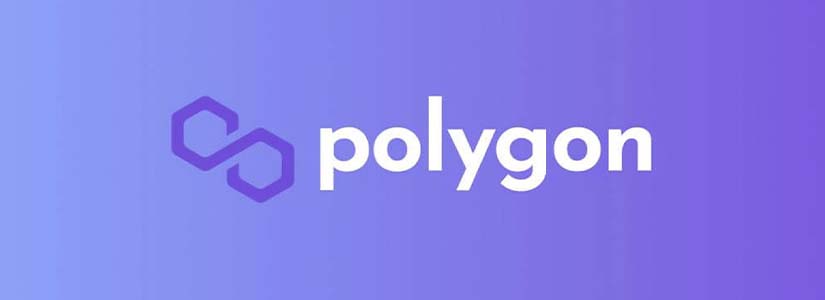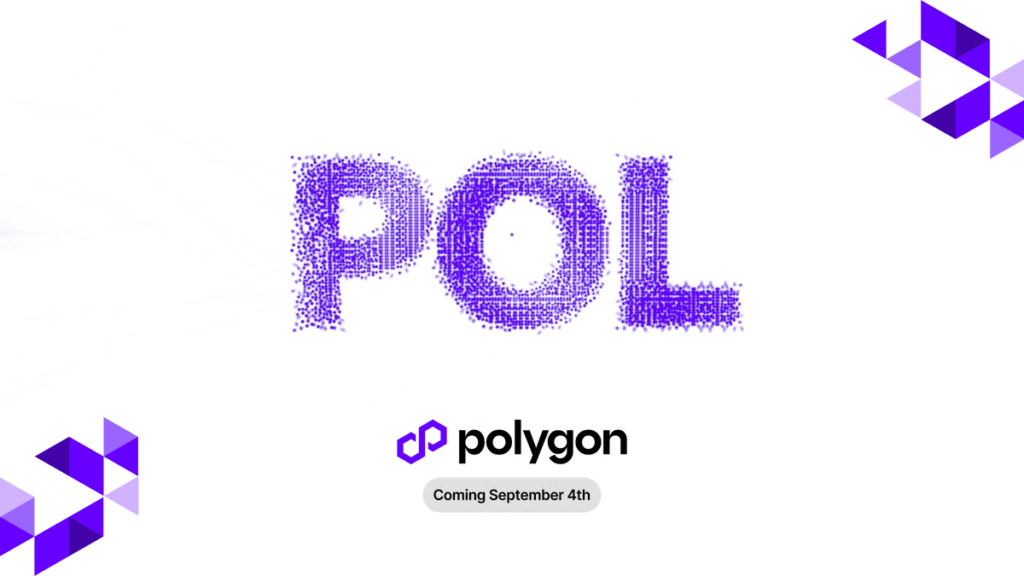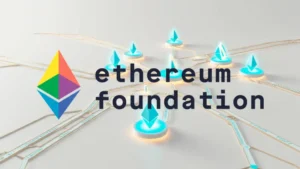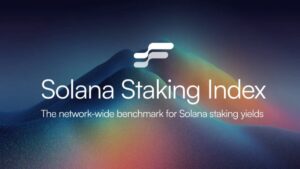TL;DR
- Polygon has upgraded its cryptocurrency MATIC to a new token, POL, since September 4, enhancing the token’s utility for gas transactions and staking.
- The upgrade will enable greater community participation and create new opportunities through additional emissions.
- POL is designed to be a “hyperproductive” token, generating revenue from various actions, with future functions including staking and decentralization of sequencers.
Polygon has executed a significant technical upgrade by converting its native MATIC cryptocurrency to the new POL token, on a 1:1 basis. The transition began on September 4 and aims to enhance the token’s utility. It is a crucial step towards the implementation of the network’s version 2.0. POL will now serve as the native token for gas transactions and staking on the network.
Marc Boiron, CEO of Polygon Labs, emphasized that this upgrade will allow for greater community participation in the network’s growth. The introduction of POL will create new opportunities for the community as additional emissions are introduced, enabling users to participate more actively in the network.
we interrupt your doomscroll with another reminder MATIC will be upgraded to POL tomorrow 🫡
the tl;dr for the hyperproductive token: https://t.co/brdQT9WeFa pic.twitter.com/D63qiqdZPX
— Polygon | Aggregated (@0xPolygon) September 3, 2024
The primary goal of the upgrade is to transform POL into a “hyperproductive” token, unlike MATIC, which only generated income from gas and staking fees. The new token is designed to generate revenue from a variety of actions, expanding fee sources. Future functions for POL include staking to ensure data availability and decentralization of sequencers, with more fee-generation options planned for the future.

How Does the Polygon Transition Work?
For current MATIC holders, the transition to POL requires no additional action. All staked MATIC will automatically convert to POL. The testnet upgrade was successfully executed on July 17, allowing progress towards the mainnet implementation.
Additionally, the token will play a crucial role in Polygon’s AggLayer, an aggregation layer similar to a cross-chain interoperability protocol. This update is part of a larger plan aimed at providing infinite scalability by unifying all blockchains, including Layer-1 networks like Ethereum and Bitcoin.










